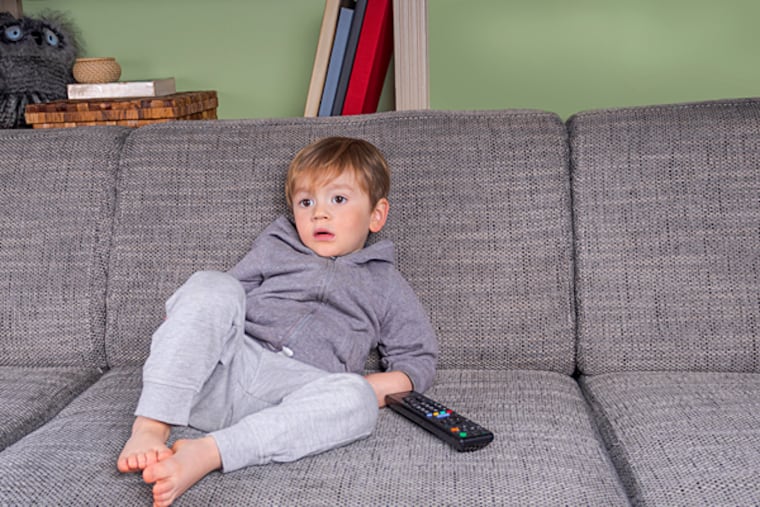What all that screen time could be doing to children l Expert Opinion
Is there a point at which screen time becomes harmful?

With all the time spent indoors during the COVID-19 pandemic, parents may be more worried than ever about the association between screen time and their children’s well-being. Specifically, when there are limited opportunities for socializing and playing beyond use of electronic devices, how much screen time is too much? Is there an amount of time where engagement with screens becomes harmful?
That’s difficult to answer, but it is probably hours more than parents might think, suggests a study to be published this month in the Journal of the American Academy of Child and Adolescent Psychiatry. Though the research was completed before the pandemic, results should provide some much-needed reassurance to parents worried about whether the inevitable increase in screen time was detrimental to their child.
Of course, screen time is bound to go up among children who are learning remotely, but this study looked solely at entertainment-related viewing, not educational use.
The researchers analyzed data collected from parents of a nationally representative sample of nearly 50,000 children aged 6 to 17 from the National Survey of Children’s Health (NSCH). Parents completed questionnaires asking how much time their children spent on an average weekday “in front of a TV watching TV programs, videos, or playing video games” and, separately, “with computers, cell phones, handheld video games, and other electronic devices.”
Results indicated that the average time spent on TV was 1 hour, 41 minutes and the average for electronic device use was 1 hour, 53 minutes.
» READ MORE: How remote learning could lead to vision problems for some kids
Parents were also asked about their child’s emotional and social functioning. Via some sophisticated and rigorous data analyses, the researchers found that the children would have to engage daily for 4 hours, 40 minutes with the television or 5 hours, 8 minutes with electronic devices for parents to even discern detriments to their child’s psychosocial functioning. That’s a lot of screen time!
At what range of screen use were the children happiest? Results of a few previous studies have been curvilinear, with children with moderate daily screen use showing greater well-being than nonusers, followed by declining well-being with more and more screen-time use.
The current study also found this, with children who engaged one to two hours a day showing better psychosocial functioning than nonusers or heavier users. The researchers, however, noted that effects were small enough and more research is needed before official policies are drafted with regard to minimums and maximums of screen use and child happiness.
The researchers were also careful to point out that results that are significant statistically may not directly translate to results that are significant clinically (a.k.a. “real life”). Moreover, the study relied on information gathered only from parents, rather than a variety of reporters, and was correlational in nature, which means that causality cannot be determined.
Finally, the authors of the study noted that research findings on optimal amount of screen time for youth are so nuanced – and the hours required for harmful use probably so high – that parents can and should focus on other aspects of their child’s screen use, such as the quality of the content and the amount of parental engagement with what their child views on a screen.
A good resource for doing just that can be found at the American Academy of Pediatrics’ Media and Children Communication Toolkit webpage, which features information for parents of both younger children and teens, including a tool for creating your own personalized family media use plan.
Katherine K. Dahlsgaard is a licensed psychologist in private practice and director of the Food Allergy Bravery Clinic in the department of child and adolescent psychiatry and behavioral sciences at Children’s Hospital of Philadelphia.